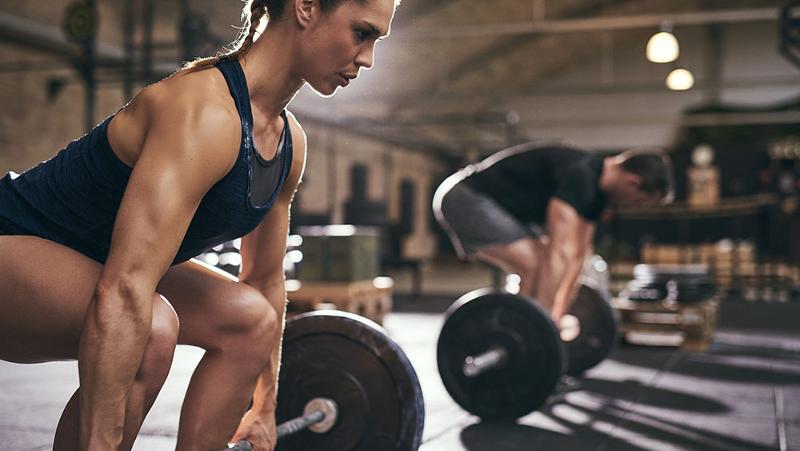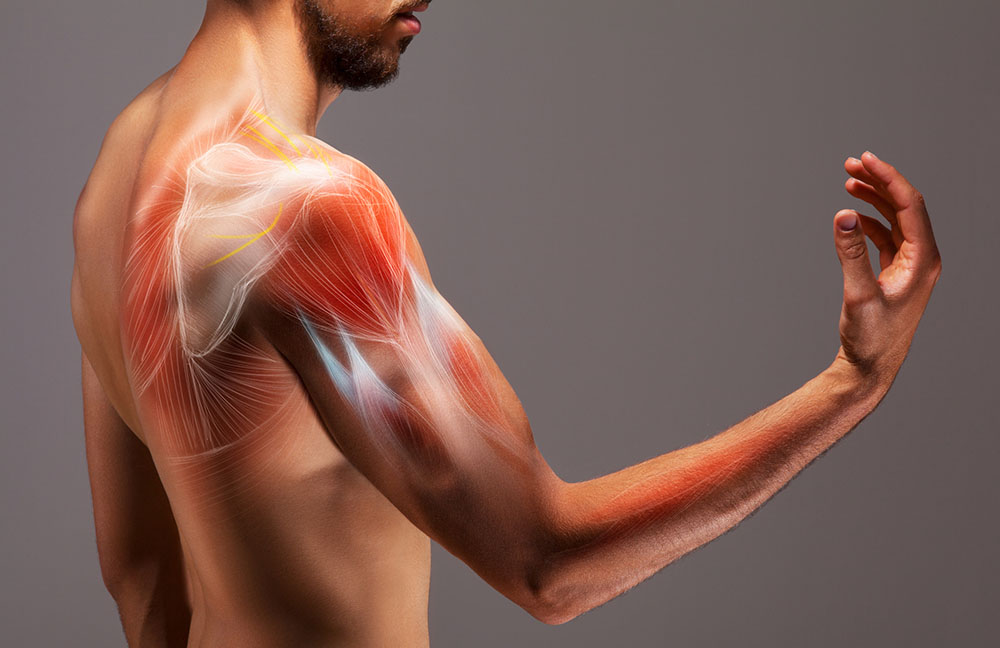
The verdict is in - cold water immersion after intense strength-training impairs muscle growth and strength and thus defeats the purpose of all that effort.
- Cold water immersion post-weight training reduces muscle mass & strength
- Muscle fibre protein synthesis rate reduced by 12 per cent by cold water immersion
- Study finds active recovery activity more beneficial than cold water immersion
QUT exercise physiologist Dr Jonathan Peake’s, from the School of Biomedical Science, review of research on cold water immersion (CWI) and its role in post-exercise recovery was published in the Journal of Physiology.
Dr Peake said the popular notion that CWI aids recovery had been challenged since 2006 and several independent studies had investigated its benefits.
“If the goal of exercise training is to build muscle mass and strength, the research suggests regular CWI may not be beneficial,” said Dr Peake who has researched post-exercise recovery extensively.
“Muscle mass is built by regular strength training, which serves to increase the production of protein in muscle fibres, resulting in an increase in the size of individual fibres and muscle as a whole (so-called ‘hypertrophy’).”

Dr Peake and his group published a ground-breaking study in the Journal of Physiology in 2015.
“In our 2015 study, we followed physically active young men who strength trained twice weekly for three months," he said.
“We found that after strength training, those participants whose lower body was immersed in 10oC water for 10 minutes after training had gained less muscle strength and muscle mass than those participants who had performed active recovery on a stationary bike.”
Dr Peake said another recent study had detailed the effects of CWI on the rate of muscle fibre protein synthesis following resistance exercise.
“In this most recent study, participants immersed one leg in 8oC water for 20 minutes, and the other leg in water at room temperature water following exercise.
“They repeated this three times a week for two weeks. The study authors discovered that after two weeks, the muscle fibre protein synthesis rate was 12 per cent lower in the leg immersed in cold water compared with the leg immersed in room temperature water,” he said.
“Collectively, several independent studies provide evidence that CWI suppresses muscle adaptation to resistance exercise ie it impairs muscle growth and strength.

“The mechanisms that account for this impairment include reduced activation of satellite cells (muscle stem cells); decreased activation of proteins that control muscle protein synthesis; and, possibly reduced delivery or uptake of amino acids into muscle (which are the building blocks for new protein).”
Dr Peake’s research on post-exercise recovery rehydration, food intake and physical recovery has found:
- The first two hours after exercise is a critical period for replacing muscle glycogen
- Consuming moderate amounts of high glycaemic carbohydrate and protein (e.g., 20 g of whey protein) together as soon as possible to replace muscle glycogen and stimulate muscle protein synthesis to recover quickly between training sessions or competitive events
- For rehydration, consuming electrolyte drinks and food is more effective than water and food, and more effective than just electrolyte drinks.
- Cold and contrast immersion both reduce delayed onset muscle soreness and muscle damage after exercise. Cold immersion also reduces perceptions of fatigue after exercise.
Dr Peake’s review of the most recent studies on the benefits of CWI, Independent, corroborating evidence continues to accumulate that post-exercise cooling diminishes muscle adaptations to strength training is published in the Journal of Physiology.
QUT Media contacts:
Niki Widdowson, 3138 2999 or n.widdowson@qut.edu.au
After hours: Rose Trapnell, 0407 585 901 or media@qut.edu.au.


